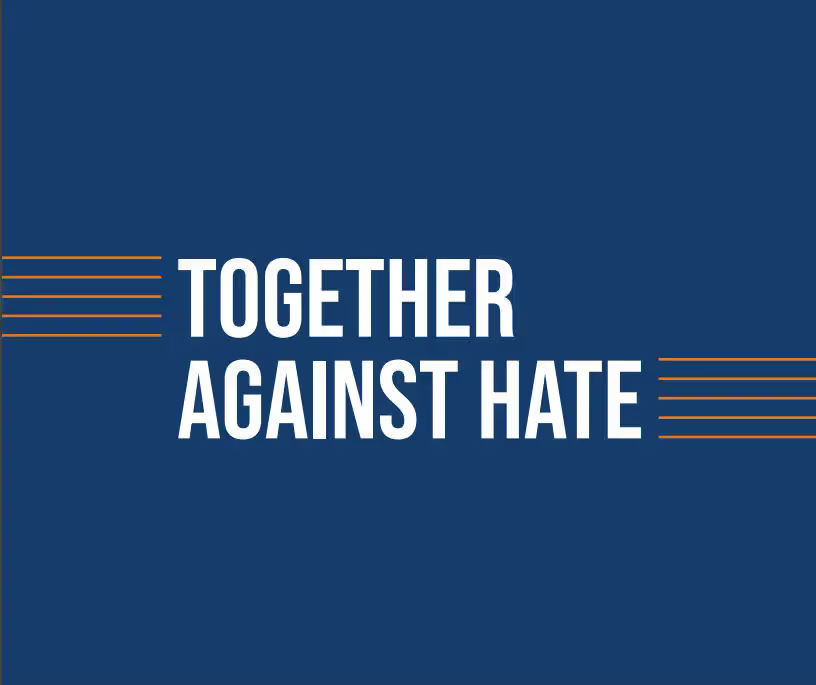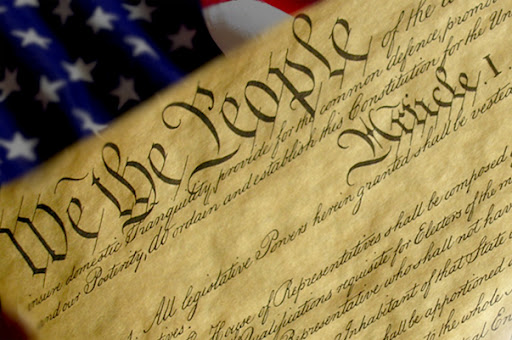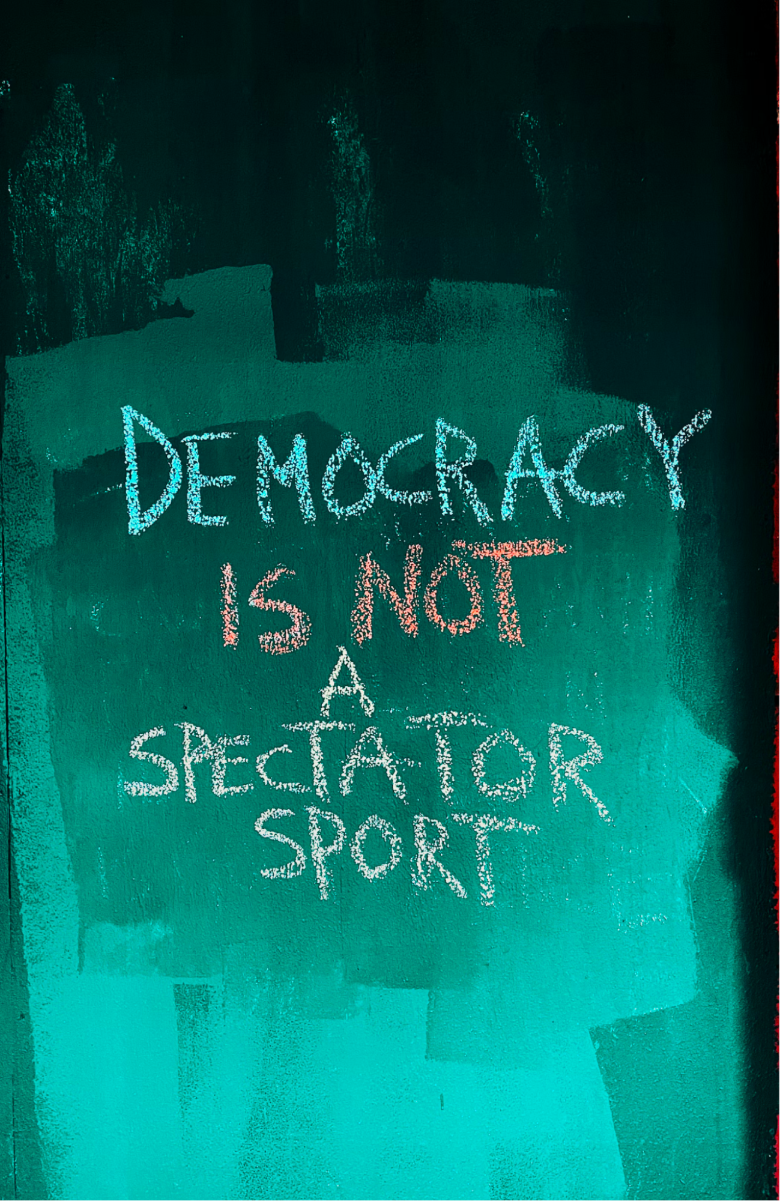
Analysis
We Must Stand Together Against Hate
Last week police in Beverley, Massachusetts arrested a 34 year old man who had been making threats against the local Jewish community. They found illegal weapons, tens of thousands of dollars in cash, and even Nazi flags and paraphernalia.
None of this happened in a vacuum. When people use hate as a political weapon, they rarely only target one group: their hate poses a threat to everyone. Their hateful rhetoric and attacks try to normalize the idea that certain groups are “threats” to society. That puts the onus on us to push back and insist that hate will not win.
While hate and violence have always existed as a disturbing feature of American society, in recent years we have witnessed a documented escalation in political and hate-based violence that threatens our democracy and puts all of our communities at risk. With the Trump-Vance administration set to take office, there’s even more fear and uncertainty facing our country.
As we saw in their first term, the Trump administration will likely attempt to implement harmful policies as well as amplify hateful rhetoric against immigrants, transgender people, Muslims, Jews and other marginalized communities, giving a sense of permission for interpersonal hate against vulnerable groups, as well as to structural systems in which hate is normalized.
This week, Interfaith Alliance is putting out our own report about how to push back. In our report, “Together Against Hate,” we describe our understanding of hate-based violence, analyze its connection to white Christian nationalism, and offer five inspiring case studies for how various groups came together to organize against hate. In doing so, we aim to illustrate best practices that other communities can adopt to inspire further interfaith efforts to combat hate.
We conclude with five recommendations for growing this movement. To counter hate, we must inspire interfaith communities, expand our understanding of hate-based violence, prioritize religious literacy, share narratives of belonging, and create better data collection systems.
As an interfaith organization, we believe that by incorporating people of diverse backgrounds and beliefs, we can advance an inspiring vision for the future of our country. We hope that through this report, national organizations and everyday communities can continue to organize effective responses to hate-based violence that are well-coordinated, effective, and work across our differences.
Though we recognize how religion is often used to support hate and division, we believe that it is an essential resource in our efforts to build a more just and equal society. If we were to neglect religion as a force for good, we would be ceding one of the most powerful forces of social change to our political opponents and failing to speak out when they act hatefully in its name. We believe and insist that religion can be a force for good.
In the face of a politically mobilized movement of white Christian nationalism, we are ready to galvanize religious communities to take this threat seriously and mobilize to end the scourge of hate-based violence.
Transcript

Pluralism is Democracy in Action
On July 4, America will mark 250 years since the signing of the Declaration of Independence. That day in 1776, the nation’s founders put forward a bold vision for a new democratic experiment, one rooted in shared values, with power derived from the people rather than imposed by a monarch or religious authority:



